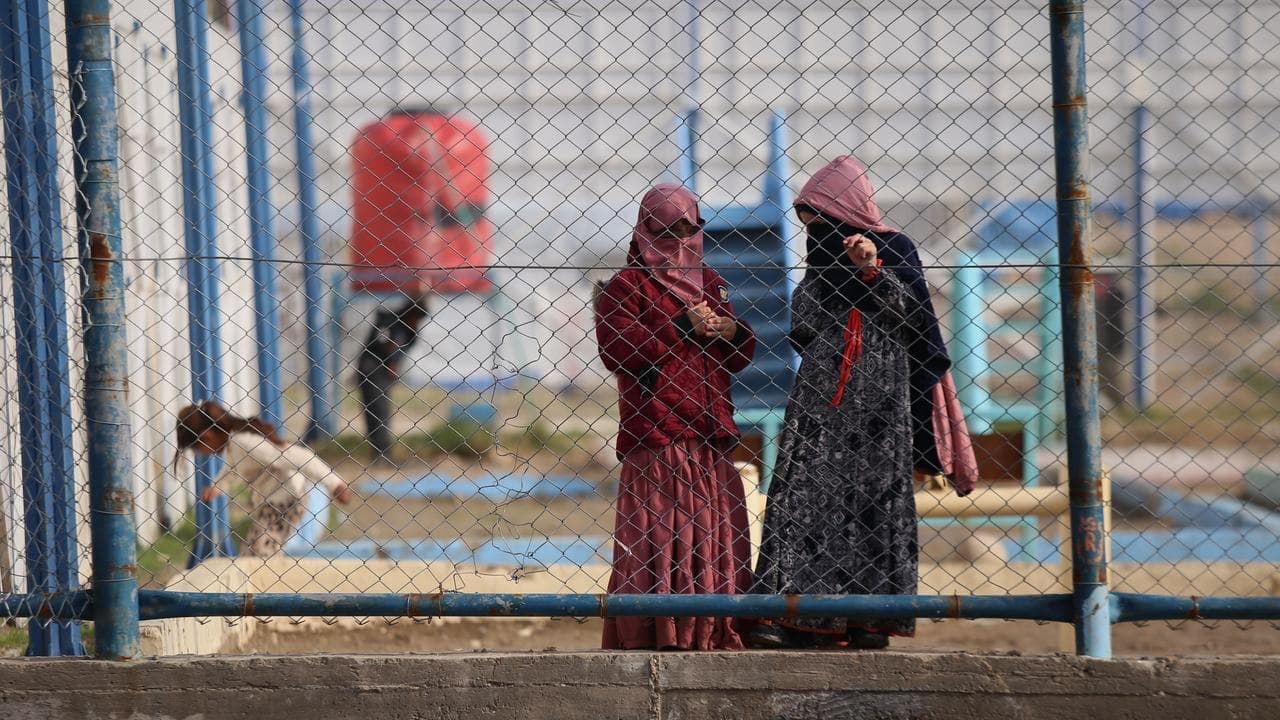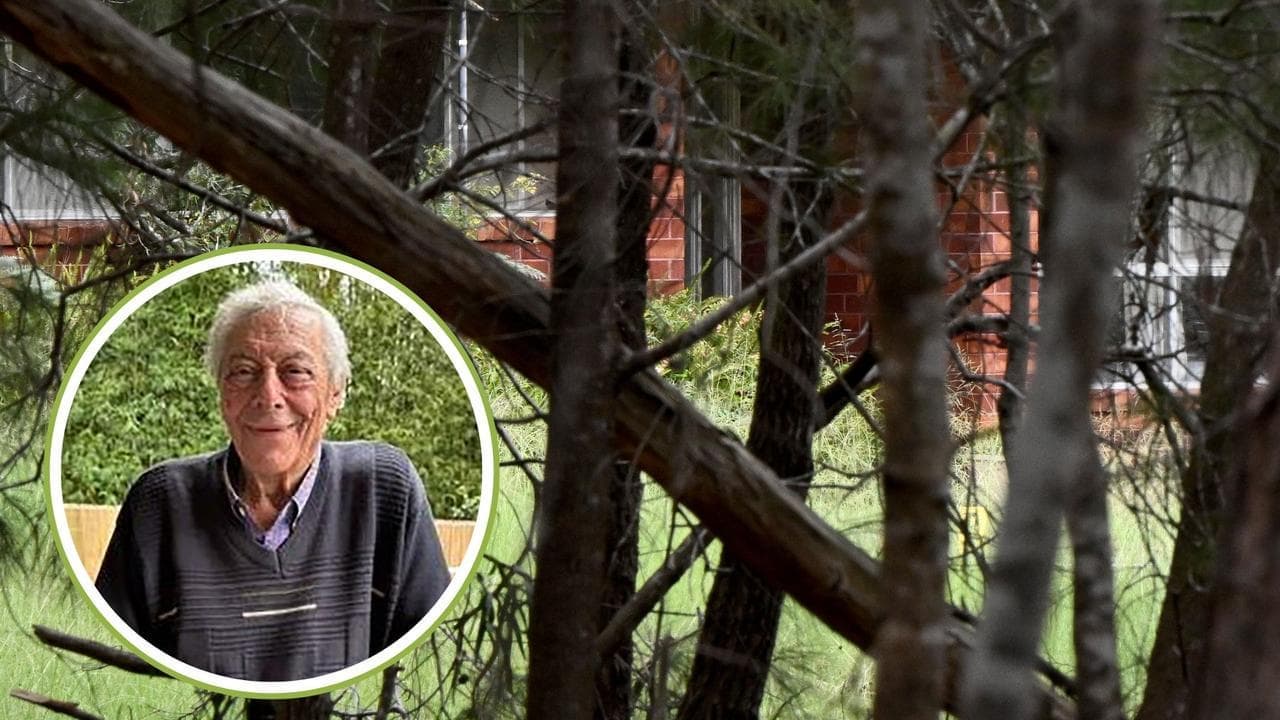AAP FactCheck Investigation:
Did National sell off thousands of public houses - and has Labour been successful in making up the shortfall?
The Statement
"We need more public housing. We started on the back foot. National had sold off 6,000 (public houses). We've created over 5,000 public housing places. If we'd been able to build at the pace we are now we would have enough houses for our housing waiting list."
NZ Prime Minister Jacinda Ardern, September 22, 2020.
The Analysis
NZ Prime Minister Jacinda Ardern says the previous National' government's sell-off of state housing stock is behind burgeoning waiting lists.
Housing was a key issue of the 2017 New Zealand election in which Jacinda Ardern's Labour Party defeated the Nationals led by Bill English.
In the lead-up to the forthcoming general election on October 17, there has been increased scrutiny of the Ardern government's record on housing, particularly state housing and the growing waiting list, and the Kiwibuild program.
According to the most recent figures, there are 19,438 applicants waiting for public housing in NZ, but Ms Ardern used the TVNZ Leaders' Debate on September 22 to point the blame at the previous National government.
"National had sold off 6000 (public houses). We've created over 5000 public housing places. If we'd been able to build at the pace we are now we would have enough houses for our housing waiting list," she said.
AAP FactCheck examined Ms Ardern's statements about the number of public houses sold and created, and the rate of building.
According to a database compiled by Motu Economic and Public Policy Research institute (see table, page 26), in 2008, when Labour was defeated by National, there were 65,324 state houses.
In September 2017, when Jacinda Ardern's Labour Party defeated the Nationals, there were 63,209 Housing New Zealand properties, according to figures published by Kainga Ora, the government's Homes and Communities department formed in October 2019. That's a net reduction of 2115.
During its time in government, National undertook a program of new state housing builds, constructing 2960 new properties, according to figures released in July 2019 by Kainga Ora in response to an Official Information Request.
However, at the same time, the National government was selling off state housing stocks, some to community housing providers, and some to their state housing tenants (page 10).
According to this government report (page 27), Housing NZ-owned stock peaked at 66,127 units during the term of the National government, falling to 60,301 units by mid-2017. This represents a change of 5826 places, which roughly aligns with Ms Ardern's claim National "sold off 6000".
National's housing spokeswoman Jacqui Dean told AAP FactCheck it was worth noting of the 6000 homes sold, "a chunk of them went to community housing providers".
"The bulk of social houses we sold were in Tamaki to the Tamaki Development Company, who are owned by a mix of Auckland Council and government," she said.
Ms Ardern's second claim was that her government had created more than 5000 public housing places.
In September 2017, at the time of the election, the total number of public houses available was 66,187, according to this Ministry of Social Development housing quarterly report (page 4).
In July 2020, there were 71,524 available public houses, according to Housing and Urban Development's most recent housing dashboard.
That's an increase of 5337, which roughly supports the prime minister's claim.
However, a spokesman for National housing spokeswoman Jacqui Dean said those new public houses were made possible by the previous government.
"When Labour came into government, they were presented with a pipeline of over 5000 public houses," the spokesman said.
"National made the land available for many of those houses, got the projects consented and contracted the early work."
Ms Ardern's final claim was that if her government had been able to build at the pace they currently are, there would be enough houses for the current housing waiting list.
According to the Ministry of Housing and Urban Development's July housing dashboard, 3178 state houses have been built between June 2018 and July 2020, an average of 1589 per year. In July 2020, 2756 state houses were under construction.
If the latter figure is used as an example of the government's rate of new builds, the past three years would have yielded a maximum of 8268 homes.
However, there were 19,438 applicants on the Housing Register as at July 30, 2020.
However, a spokeswoman for the Prime Minister told AAP FactCheck Ms Ardern's remark was meant to capture what may have occurred if National had spent it's time in government building new homes at the same rate as the current Labour coalition.
'"What she was saying was that if NZ (which would have been a National government then) had built 2000 houses a year, like we are now, over their nine years we would not have a housing register waitlist."
This echoes similar comments by Labour ministers Phil Twyford and Megan Woods — both of whom have previously said the waiting list would have been met had the previous government built houses at the current rate.
National's Ms Dean told AAP FactCheck: "The June 2017 quarterly housing report notes that MSD was planning for 72,000 social houses to be available by June 2020. So while we were in government we were already planning to have this many houses available."

The Verdict
The key factual claims in the prime minister's statement are backed up by government reports showing the levels of state housing over the terms of the previous National and current Labour governments.
Ms Ardern's comment about the rate of new builds wrongly implies her government's present build rate would have covered the state housing waiting list.
However, an explanation from her office, supported by previous statements from two Labour ministers, revealed she had meant the waiting list would have been met if the current build rate was applied to the term of the previous government.
Mostly True – The claim is mostly accurate but there is a minor error or problem.
* AAP FactCheck is accredited by the Poynter Institute's International Fact-Checking Network, which promotes best practice through a stringent and transparent Code of Principles. https://aap.com.au/











